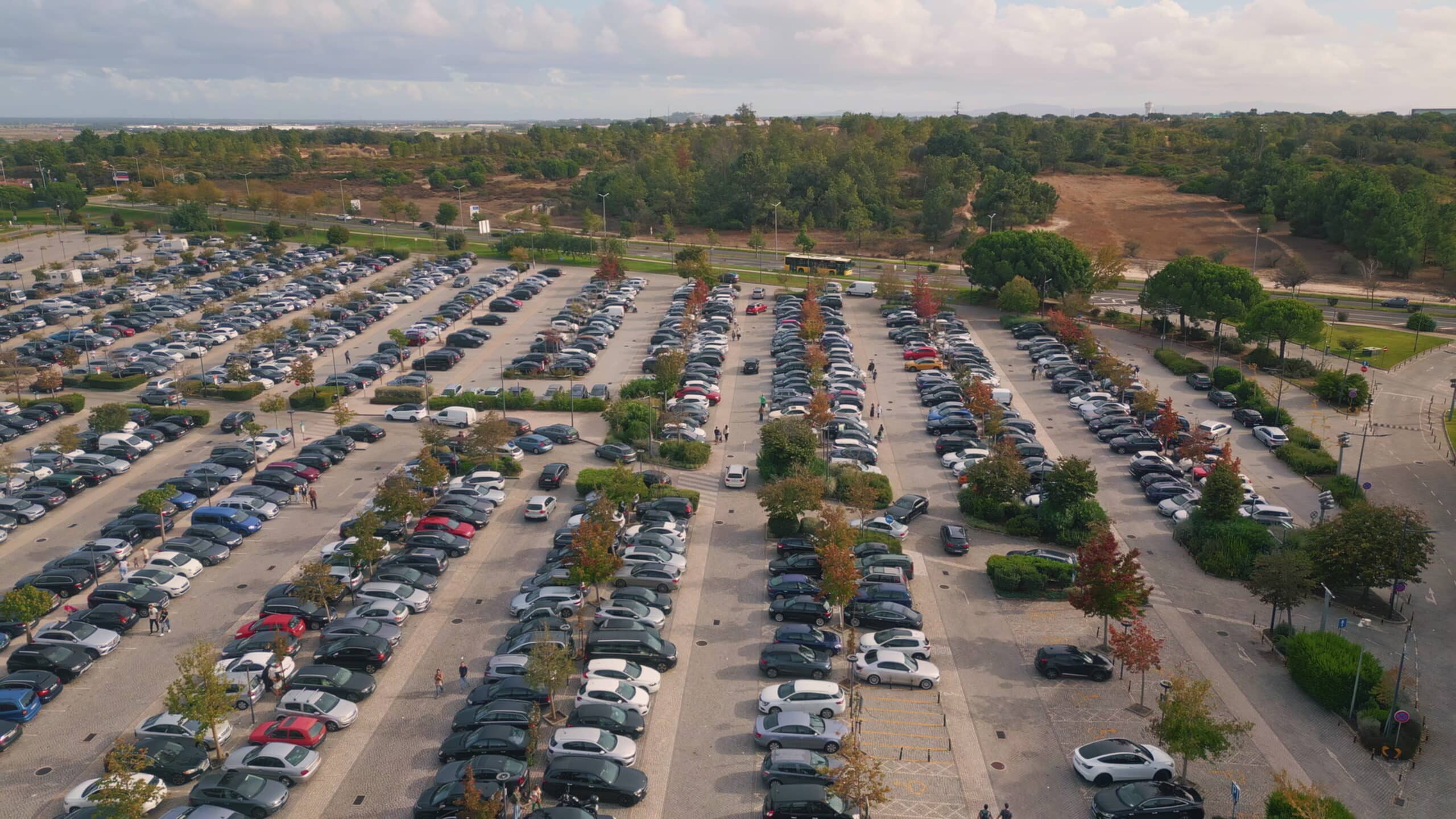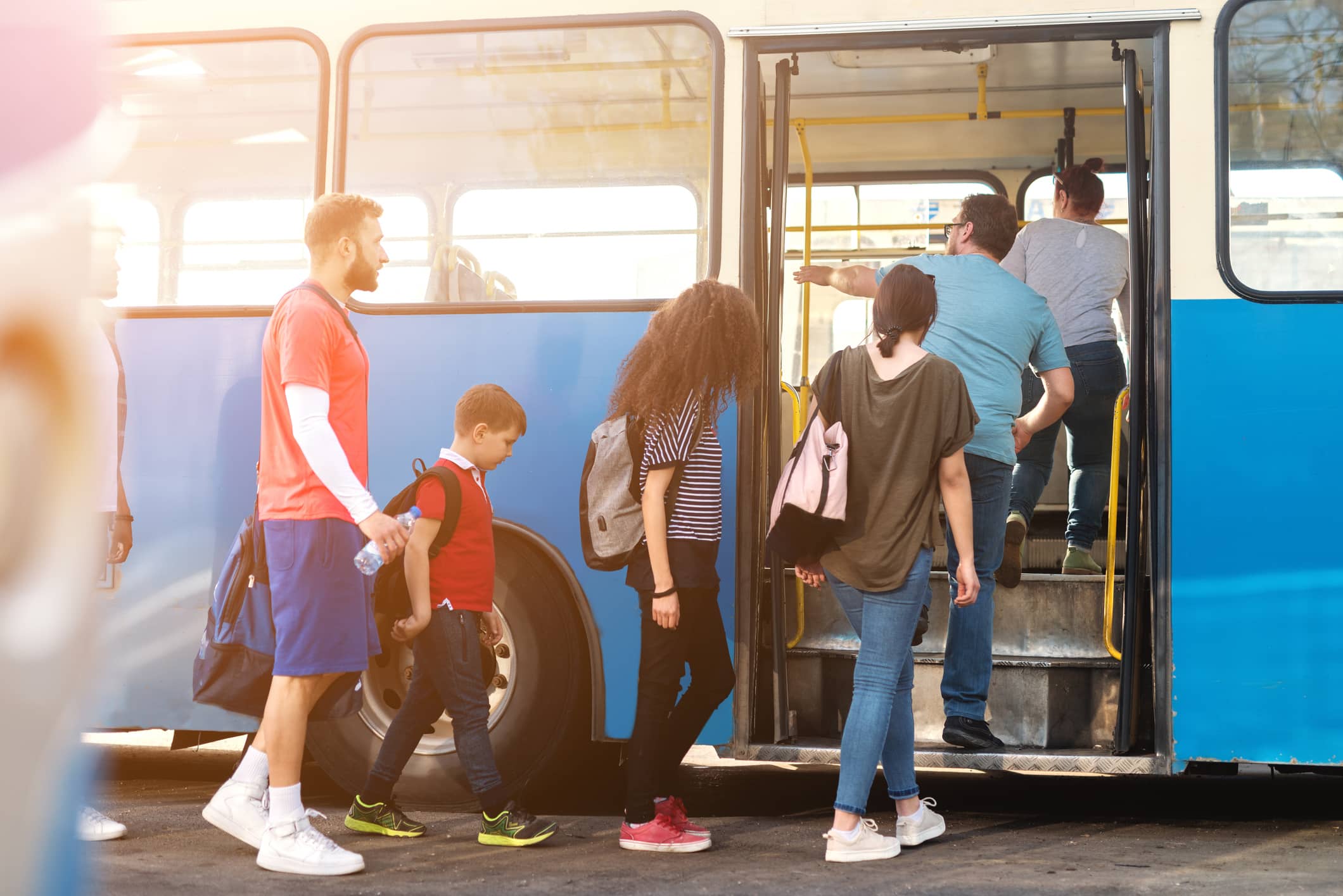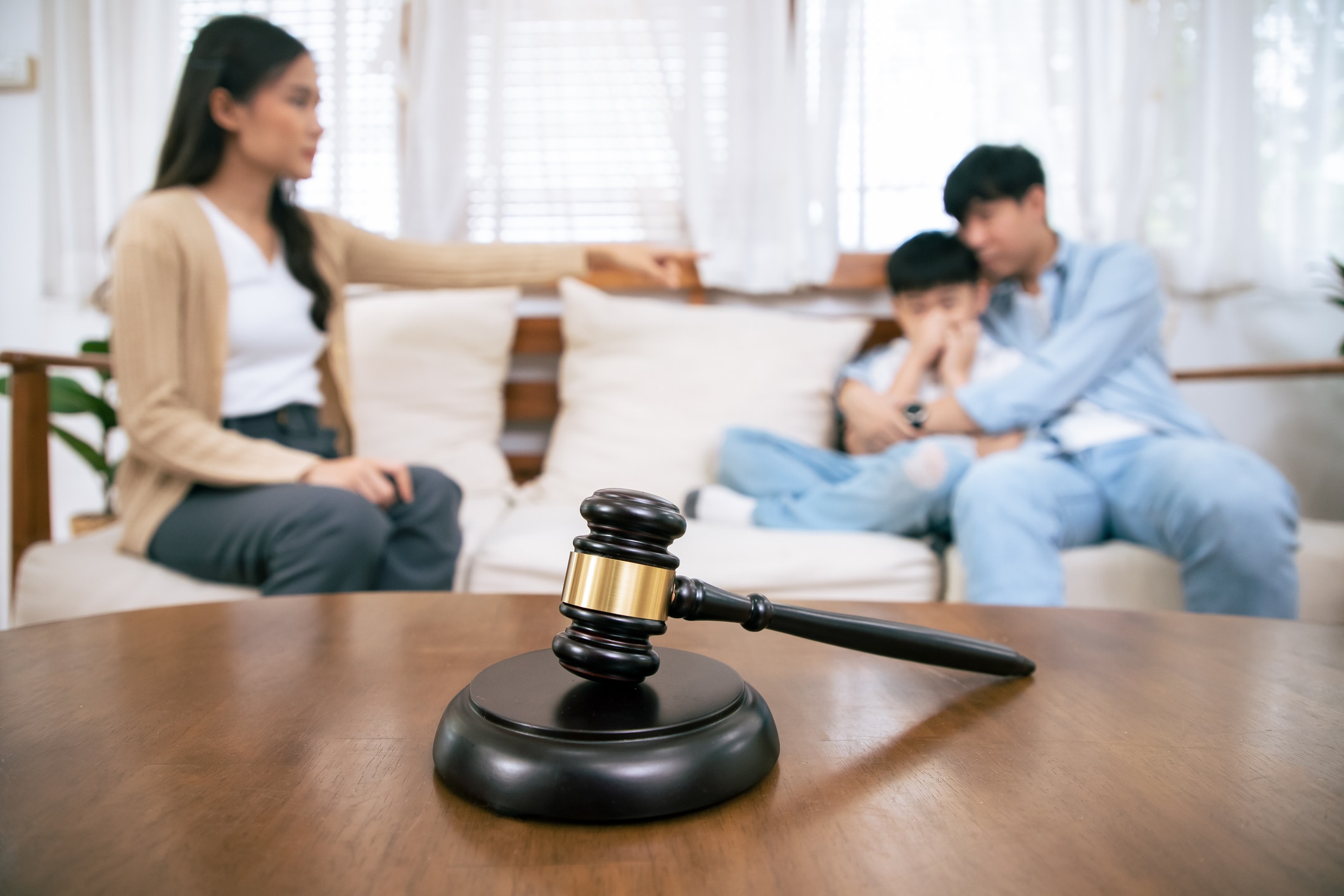If you have ever been to the grocery store or a shopping mall on a busy day, you have probably wondered how so many poor drivers were able to get–or maintain–their license. There is no doubt that driving in a parking lot can be frustrating and with so many inattentive people making unpredictable decisions, it doesn’t take much for someone to end up hurt. In central California, discuss your case immediately with an experienced Fresno personal injury attorney.
How many times have you seen drivers speaking on their cell phone, texting, watching some video on their phone, or eating a full meal. Before you know it, they’ve crashed into your vehicle or struck you as you were walking.
Regardless of what caused the incident, if you are involved in a parking lot accident there are several things you need to know:
1. Get The Other Driver’s Insurance Information.
One of the first challenges many people involved in parking lot accidents face is the other party not wanting to exchange contact and insurance information. This is a red flag. Do not agree to handle the accident ‘under-the-table,’ without insurance companies. Inevitably, it will be much more difficult to file and resolve a claim for property damage or injury and have it resolved in a reasonable amount of time.
The other driver’s reluctance to provide their driver’s license and insurance information (policy name and number) may be a sign that the other party does not have car insurance or a valid driver’s license. In instances where a person has been involved with an unlicensed and uninsured driver and suffered injuries, uninsured or underinsured motorist coverage (UM/UIM) can make a big difference in terms of the victim recovering compensation for their injuries.
If the other driver flat out refuses to give you their contact information, politely let them know your attorney has told you to call the police for assistance under such circumstances. If they try to leave the scene of the accident, write down their license plate number or take a photograph of their license plate.
2. Lights. Camera. Action! There Are Cameras Everywhere.
At the scene of the accident, you should whip out your video-enabled cell phone and capture information and statements from the other driver and witnesses. You can never have too many pictures from different angles showing the property damage, location of the cars or the lay out of buildings, trees or any other items that may have contributed to the accident.
Later you can go back to the scene and talk to the business owners to see if you can get a copy of any security camera footage. Many parking lots have surveillance cameras and it is likely that the accident was caught in tape. This will be the single most important piece of evidence. Your adjuster should get this evidence, but many adjusters don’t put that much effort into these sorts of investigations. They might get a few witness statements and conclude their fact-finding mission.
3. File A Police Report.
Most parking lots in the United States are considered private property, and most of these accidents are low-speed collisions. Because of this parking lot accidents rarely result in significant bodily injury claims. This often influences police to decline your call for help. The police might even decline to respond to document the incident, determine fault, or do anything that an accident on a public road would warrant.
But, even if the ‘other side’ has already given you their contact information, you can take the initiative and file a police report by going to the nearest station. This documentation will protect you in case the other person does not have insurance. In many cases, Uninsured Property Damage Coverage in the policy makes it a requirement that you file a police report. All of these things are important to take into account during your decision-making process.
Of course, if you have any questions, please call the California personal injury lawyers of Tomassian, Pimentel & Shapazian at 559-2787-7300 and ask for Paul J. Pimentel.




